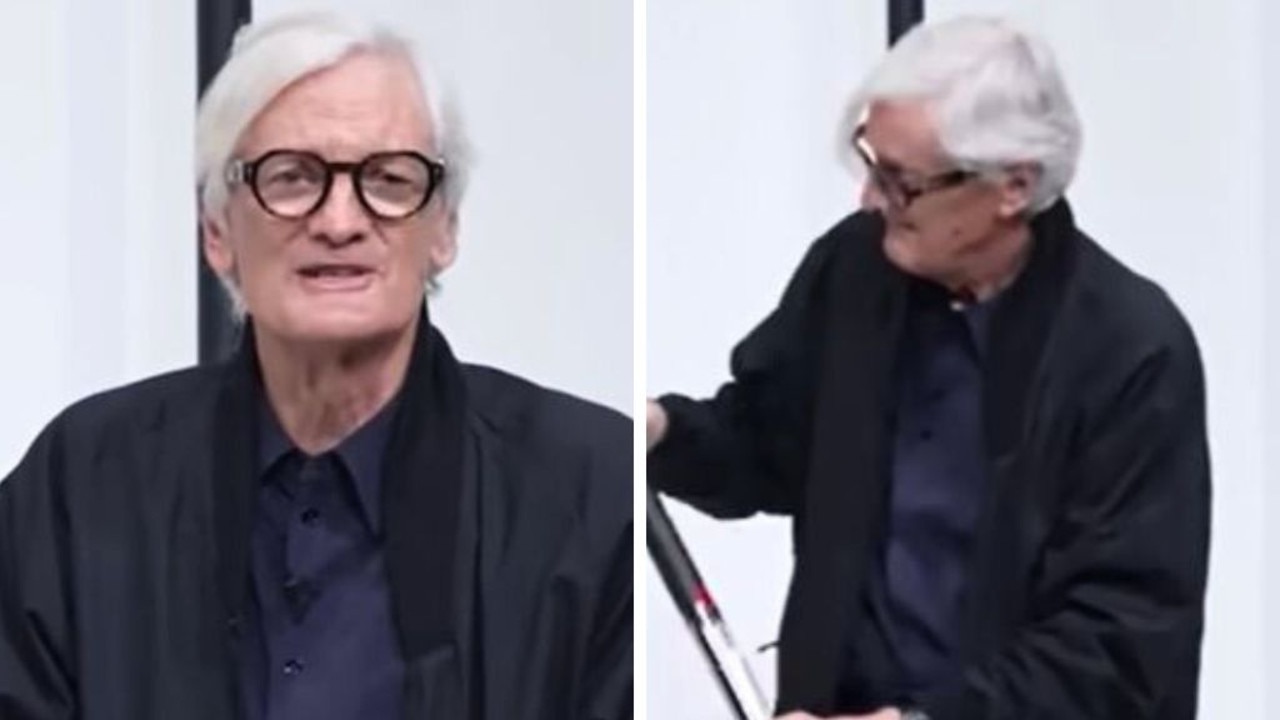$7.50 product that saved Kmart from ‘death row’
It’s hard to believe, but at one point Kmart was set to vanish as sales plummeted. The retailer’s boss has revealed how a $7.50 product was key to its turnaround.
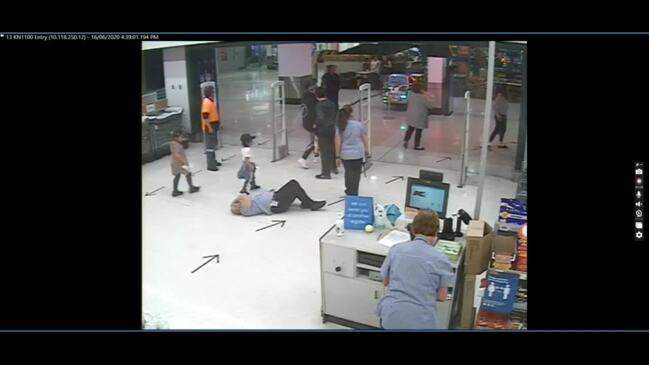
The boss of Kmart has said that the discount retailer was at one time on “death row” and may have vanished completely were it not for an item costing just $7.50.
Speaking exclusively to news.com.au in New York, Ian Bailey listed some of the mistakes made during the discount retailer’s turnaround and insisted Target was here to stay despite Kmart’s own Anko brand increasingly appearing on its shelves.
Mr Bailey, who is the managing director of the Kmart Group division of Wesfarmers that also includes Target, was in New York for the US National Retail Federation’s 2024 Retail Big Show event.
There he talked about the remarkable turnaround that has led Kmart to be one of Australia’s most popular retailers and the expansion of the Anko brand around the world.
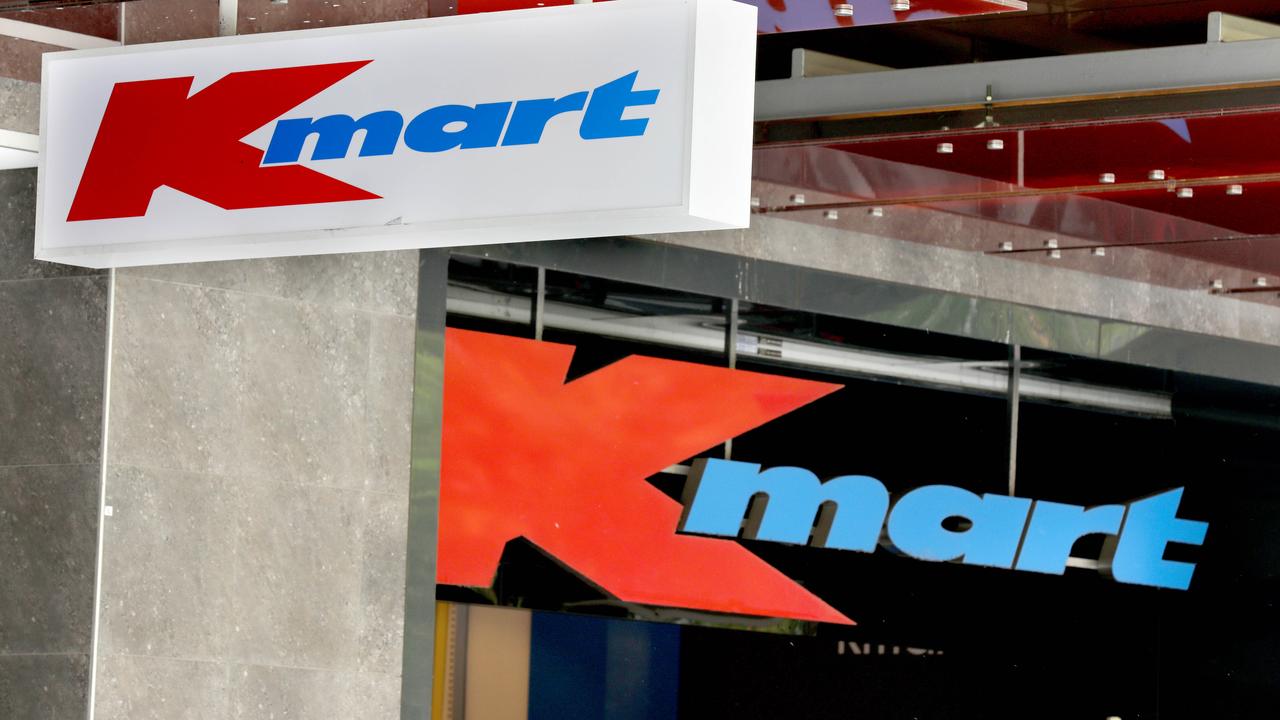
‘Death row’
Last year, Kmart Group sales jumped by more than half and the division contributed $769 million to Wesfarmers’ $4.7 billion profit. One in five items of clothing sold in Australia are from Kmart.
But back in 2006, when Mr Bailey joined the then Coles-owned Kmart as chief financial officer, things were very different.
“Kmart was on death row,” he candidly told news.com.au. “We were third out of three (discount department stores) and there was no clear pathway to be anything other than that.”
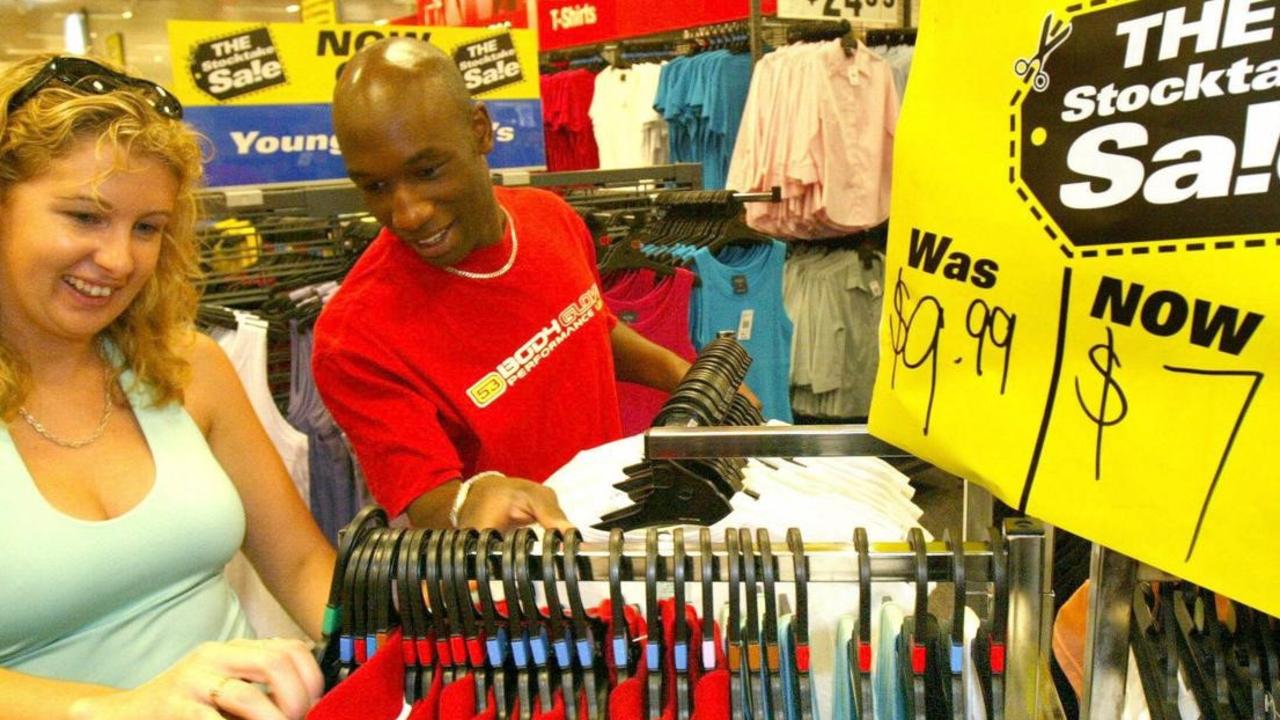
Languishing behind rivals Big W and Target, a plan was in place to axe the Kmart name entirely and rebrand the stores as “Coles Living”.
That plan would be scrapped when chemicals conglomerate Wesfarmers – which also owns Bunnings and Officeworks – bought Kmart in 2007.
“That was the critical inflection point and Richard Goyder, who was managing director of Wesfarmers at the time, said we will give (Kmart) a shot,” Mr Bailey said.
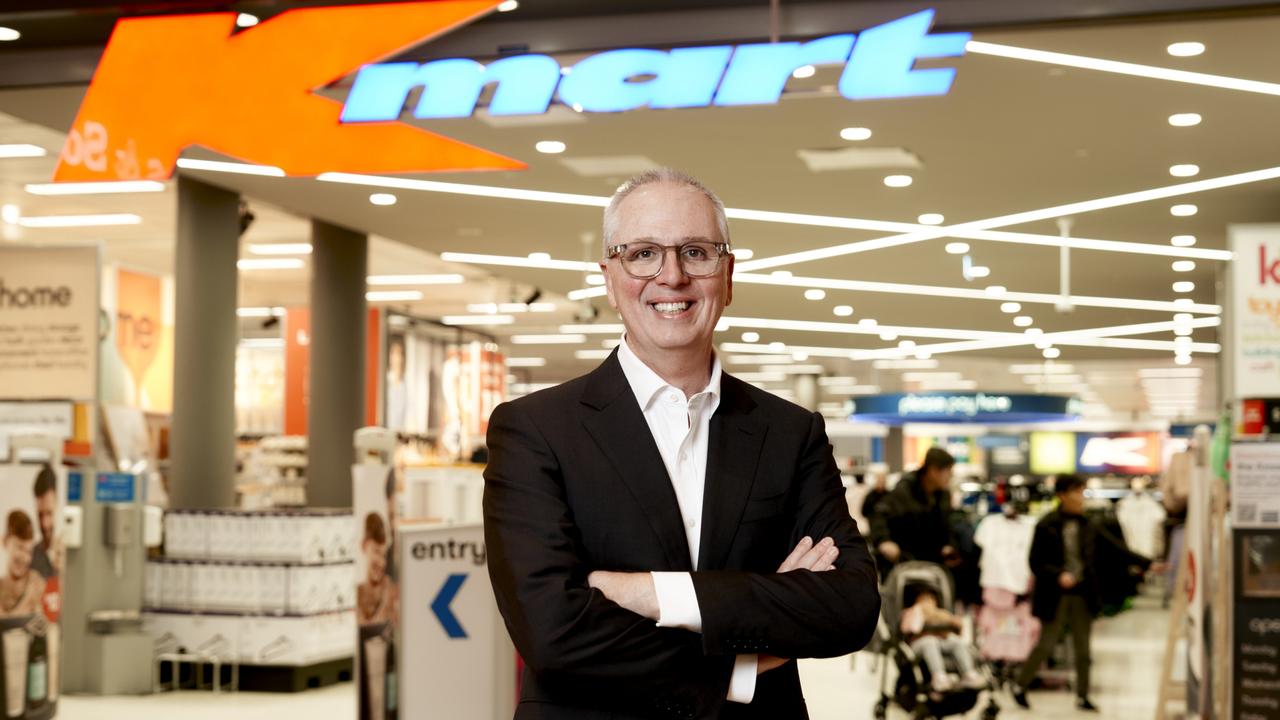
The key $7.50 item
The turnaround began with a $7.50 no-fuss white plastic kettle. Kmart targeted a profit sweet-spot of selling huge numbers of low priced items.
“We started with the basics around 2008 and we wanted to do them really well,” Mr Bailey said.
But while the price of the kettle was right, Mr Bailey was worried the quality might not be so good. A significant number of customers were returning the kettles.
“Then we got the data and saw as a per cent on the number we sold the returns were small. But if you sell hundreds of thousands of them you end up with a high number returned.”
Indeed, Mr Bailey said that a smaller percentage of Kmart’s own brand kettles were being returned than branded kettles that sold for more.
Nonetheless, he said the workmanship on the device had to improve.
“Our quality standards needed to be higher than our branded peers,” he added.
Kmart tweaked the cords, the plug and everything in between to reduce the number of returns.
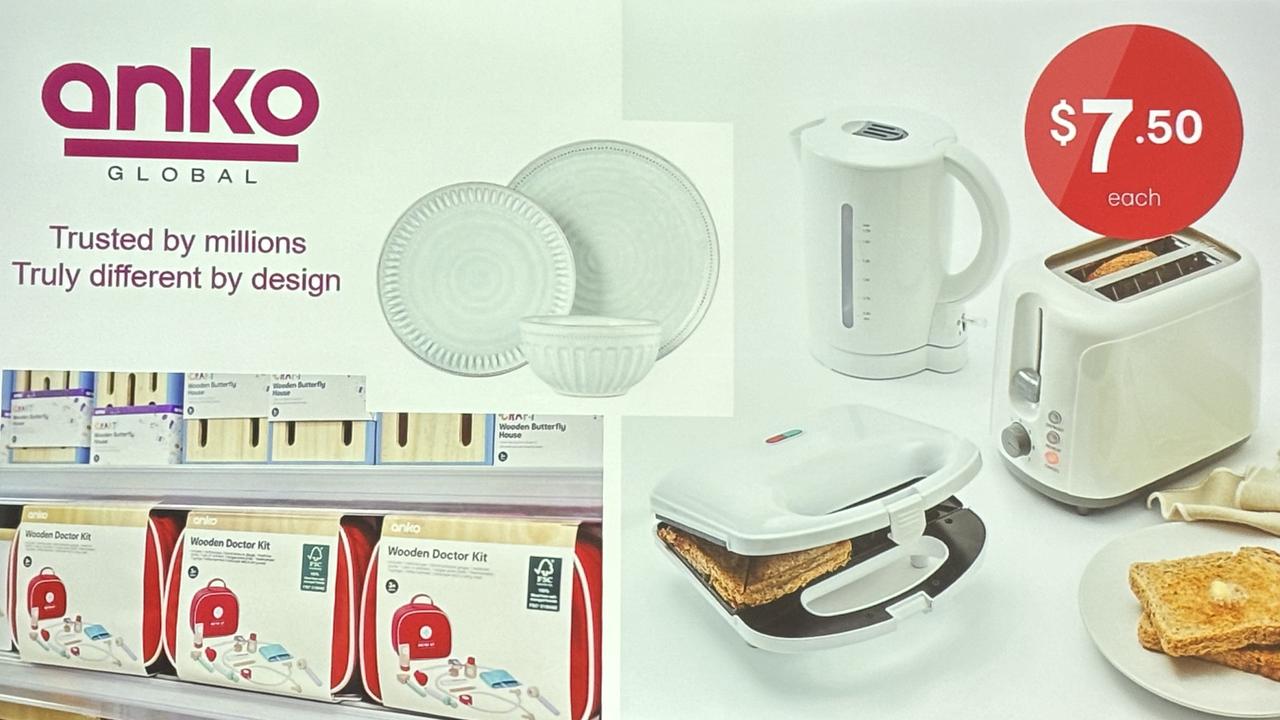
Big products Kmart axed
Another big change at Kmart was a reduction in the number of brands on offer, which alienated some customers but drew in others.
Kmart’s house brands, by far the biggest of which is Anko, now make up 85 per cent of sales.
The retailer also exited whole categories – not always with immediate success.
Products that you no longer see in Kmart include barbecues and televisions.
“We wanted to be number one or number two in the category,” Mr Bailey said. “We’re a self-service model; we looked at TVs and thought we were never going to be number one or two, the economics were challenging and we couldn’t do an own-brand television that was suddenly going to be a Sony for a third of the price.
“We were going to be less than the best at TVs.”
Ditching barbecues was a similar thought process; but here things came unstuck.
When Kmart got rid of the grills, it simply filled the space with more of what was nearby – DIY, outdoor and garden products.
It lost the barbecue sales but didn’t sell any more of the other products. So Kmart brought back the barbecues until they could find a category to expand to cover those sales.
“The next time we exited barbecues we expanded pets and we’ve now got way more sales out of the bigger pet category than the loss of sales out of barbecues.”

Three reasons Kmart succeeded
Mr Baily said Kmart’s turnaround was based on three steps.
“We said let’s find the most basic everyday things and do those really well,” he said.
That included the kettle and other items such as toasters and $1 dinner plates.
Step two was selling slightly more expensive items alongside the rock bottom priced ones. A $3 dinner plate, for instance, that might have more of a design element to it.
“Each time it goes up in price there should be a clear reason to the customer why it’s $3 not $1,” Mr Bailey said. “And the third level was to go hunting for new products.”
He credits Kmart’s expansion of its toy range into wooden toys through the Anko brand, to be an example of this. Kmart has claimed Anko was now Australia’s number one toy brand.
Mr Bailey said that a recent expansion of its clothing range into youth apparel aimed at 16 to 22-year-old girls and women had also been successful.
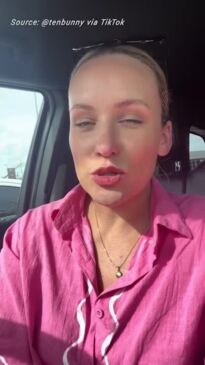
Kmart products on Target shelves
This month, puzzled customers began noticing Anko products cropping up in Target stores.
Since Kmart and Target were merged, under Mr Bailey’s stewardship, there has been speculation about the future of Target.
Already scores of Target stores have closed or been converted to Kmart or its smaller format Khub brand.
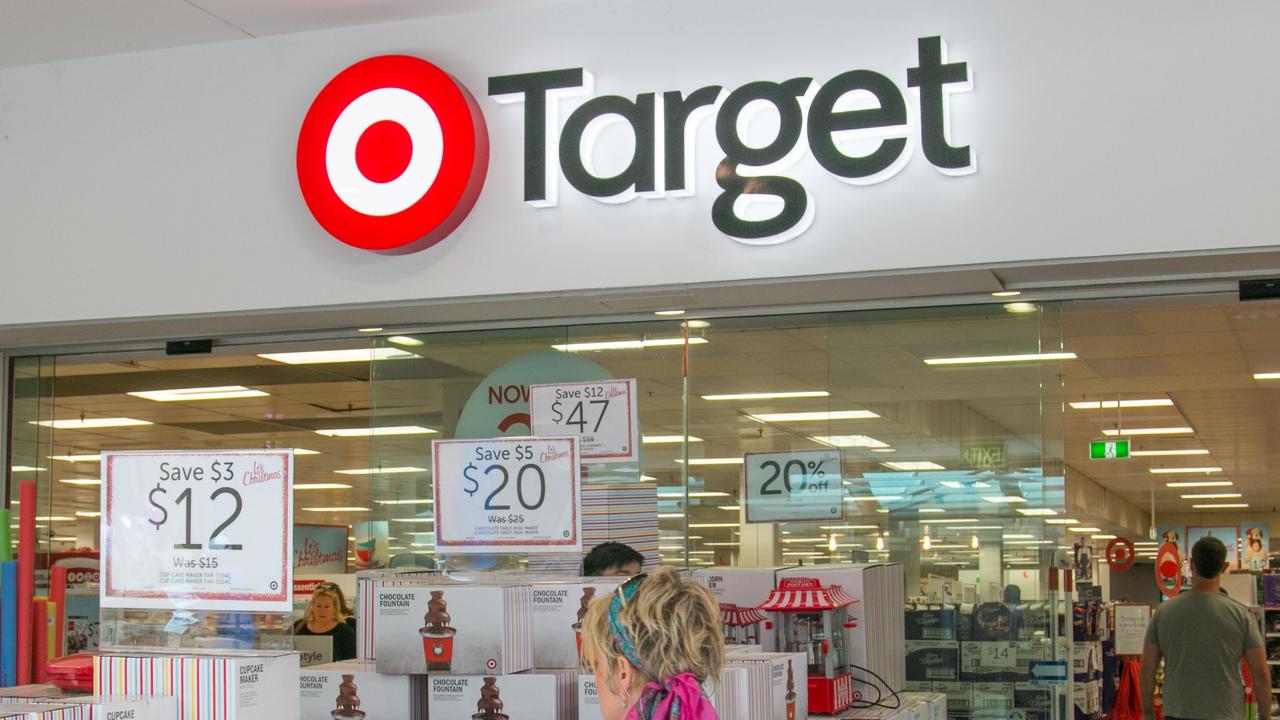
But Mr Bailey insisted that the appearance of Anko homewares on Target shelves was not a sign the days of Target as a stand-alone store were numbered
“Rather than buying those commodity general merchandise items that sit in Kmart and Target twice, let’s use Anko for the coat hangers and the white plates,” he said.
“And at Target we can focus all our energy on the areas where Kmart and Target are differentiated.”
A case study was a pure wool jumper, he said, that would be very hard to sell at a Kmart price but could be done “exceptionally well” in Target and still be the lowest price in the market.
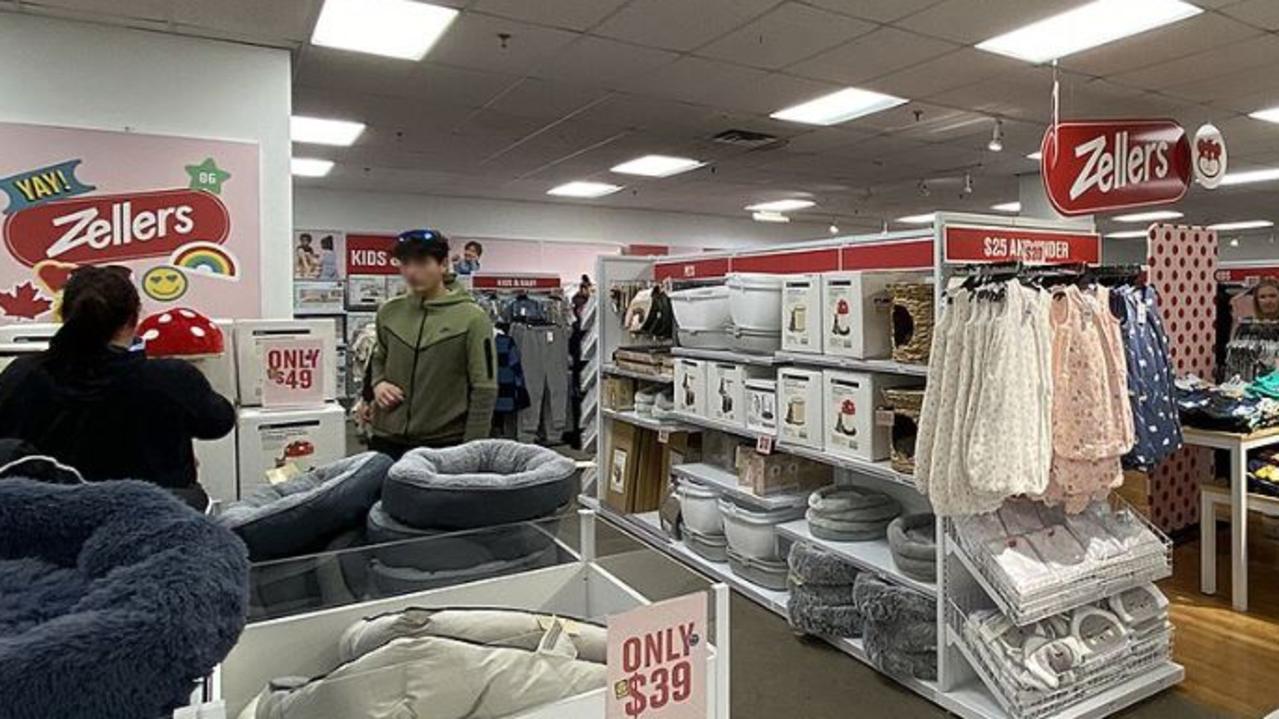
Anko overseas
The Anko brand is of course in Kmart, and now in Target. But it’s also available across Canada after Kmart partnered with major retailer Hudson’s Bay Company which has rolled it out in its Zellers stores.
Mr Bailey said Anko now made up 85 per cent of Zellers’ stock.
In an even bolder move, toy giant Mattel will now work with Kmart to resell a range of Anko wooden toys under its own brand.
It’s also looking to push Anko into markets in south and south east Asia. Kmart’s own brand will effectively become other retailer’s own brand too.
“We’re not trying to change the world, but we are trying to make lives a little bit easier for our customers,” Mr Bailey said.
It could be a lucrative side hustle for a now successful Australian retailer that. but for a $7.50 kettle. could have disappeared forever.





